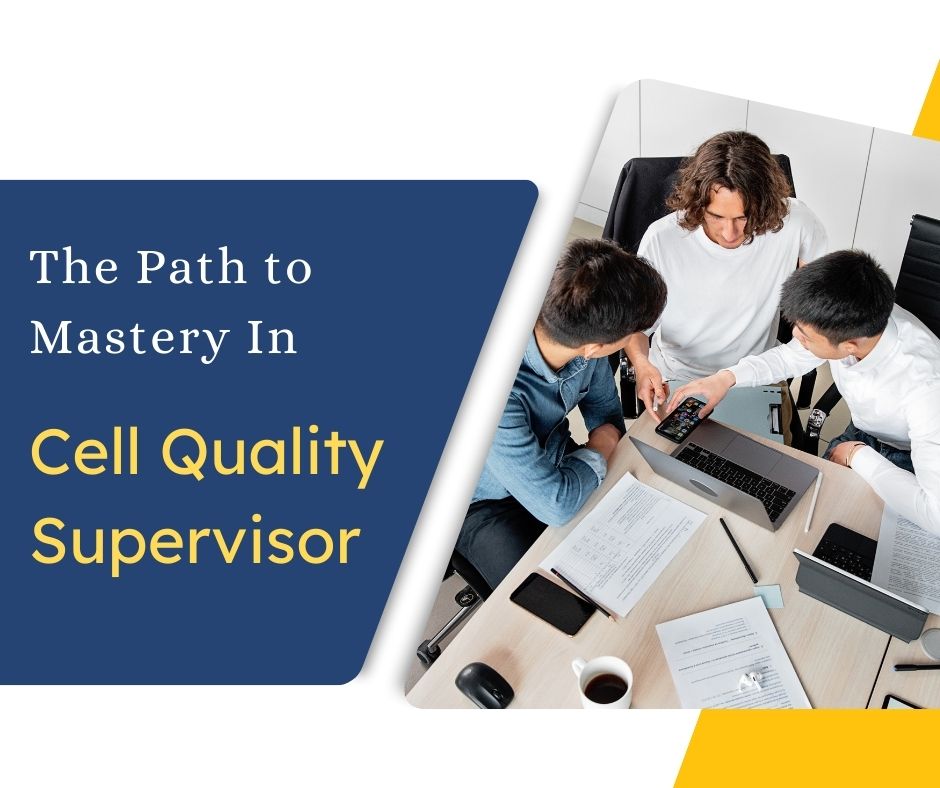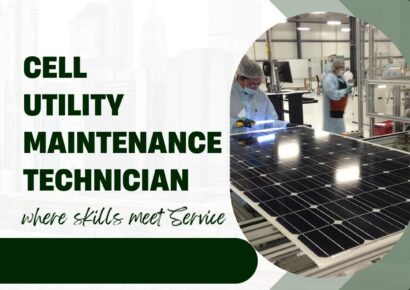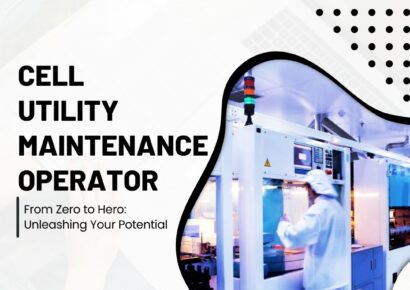Currently Empty: ₹0.00
About Course
A Cell Quality Supervisor is a key role in photovoltaic manufacturing responsible for overseeing the quality control processes for solar cells. They manage quality inspections, audits, and compliance checks to ensure that cells meet industry standards and performance criteria. This role requires expertise in quality control techniques, equipment, and regulations specific to photovoltaic manufacturing. Cell Quality Supervisors play a crucial role in maintaining product integrity, reducing defects, and optimizing production processes to deliver high-quality solar cells and panels to customers in the photovoltaic industry.
Course Content
Basics to PV Cell
-
Basics to Semiconductor
00:00 -
Solar Cell Principles & Production Environment
00:00 -
Short Review-1
Cell Quality
Manufacturing Execution System
6s Occupational Health, Safety, and Environment (OHSE)
Workplace Help & Resources








